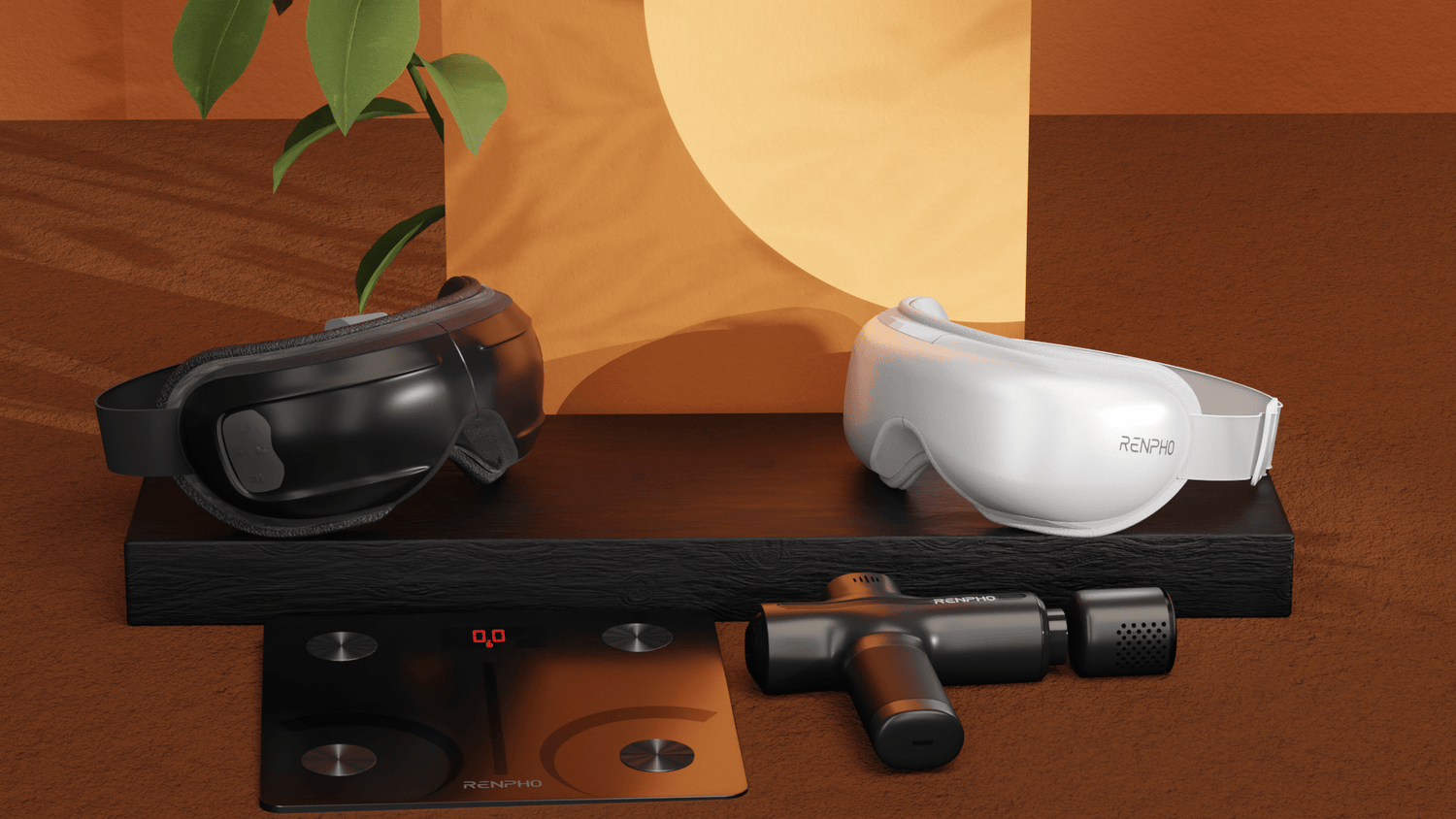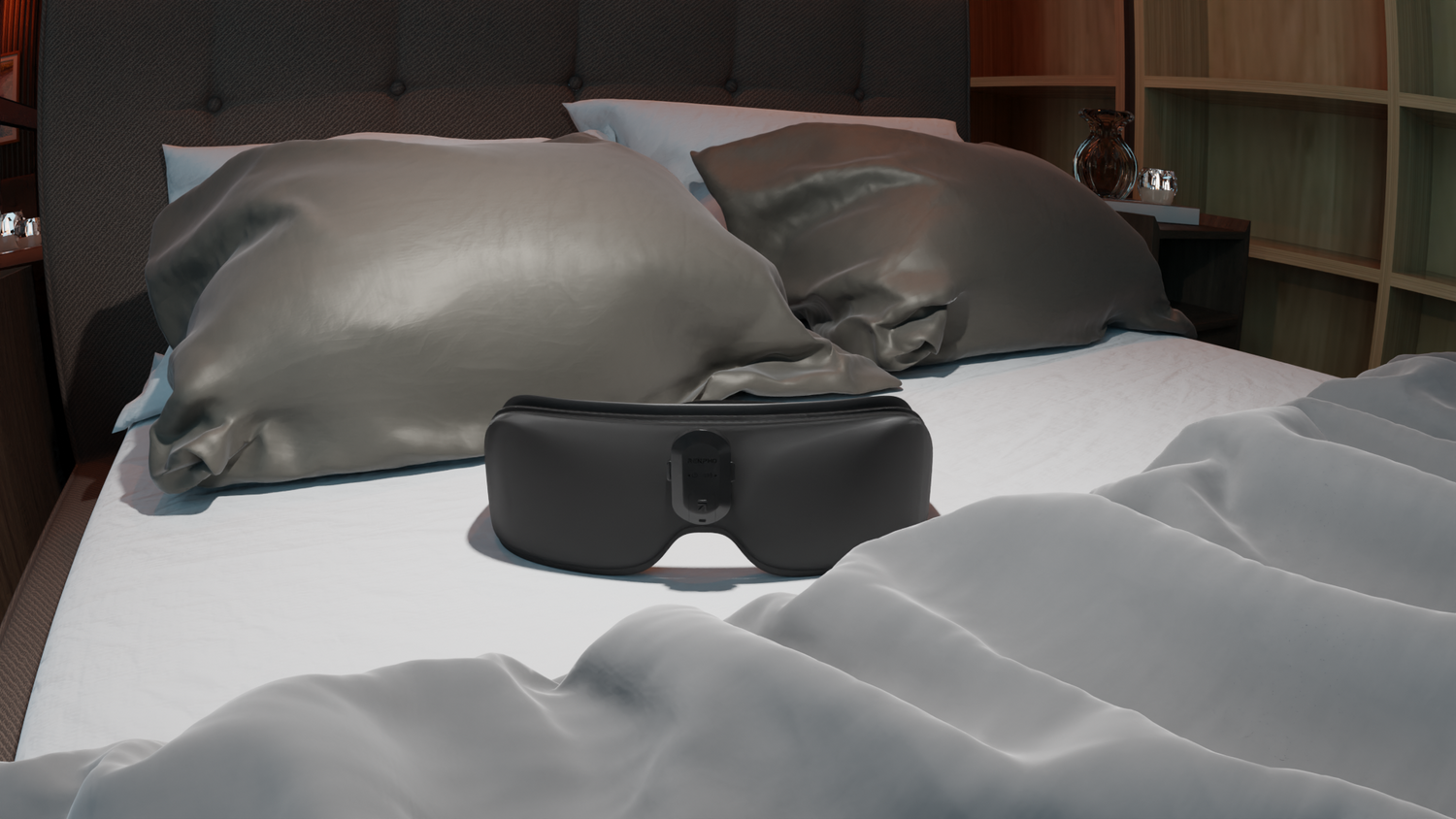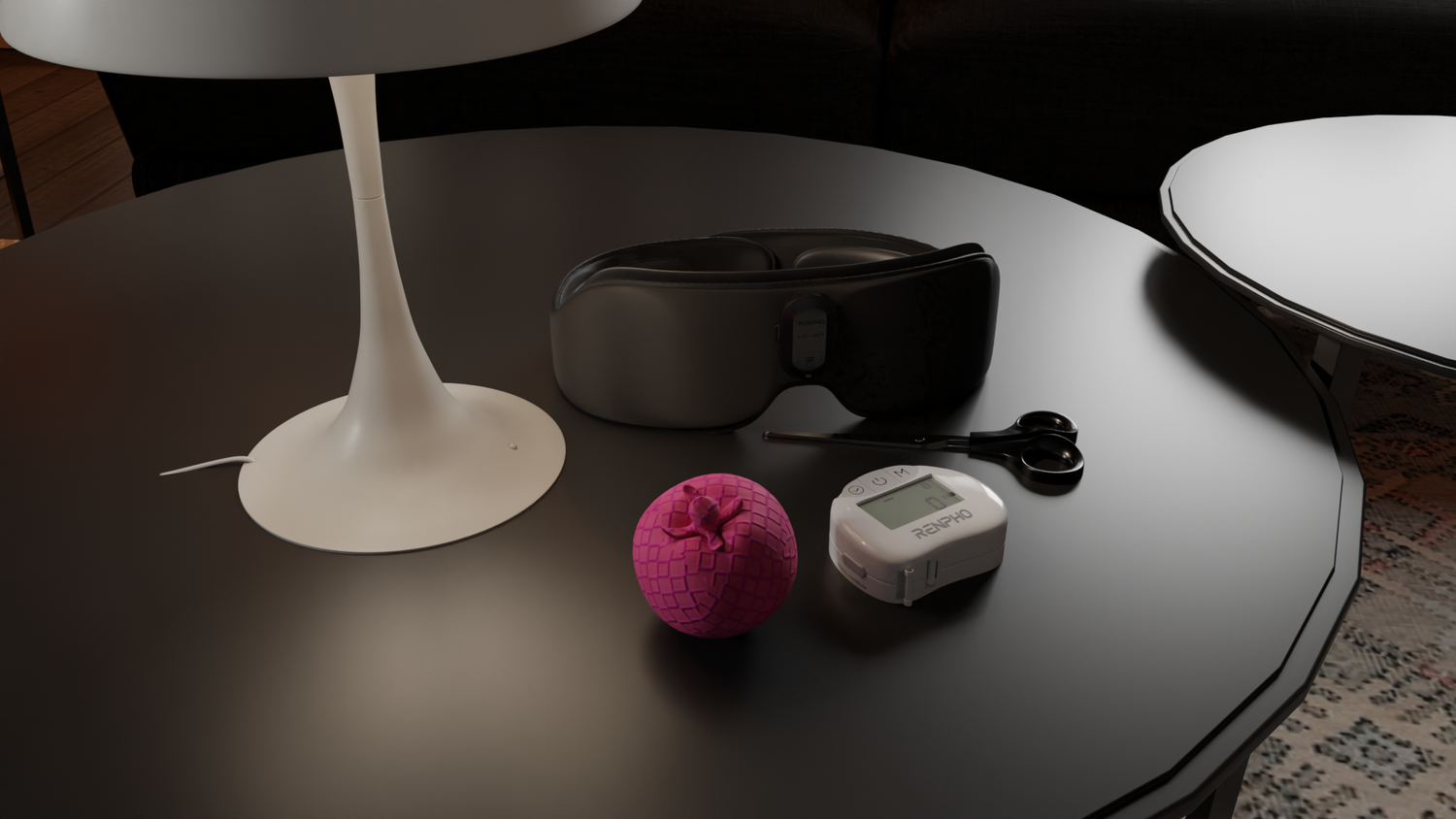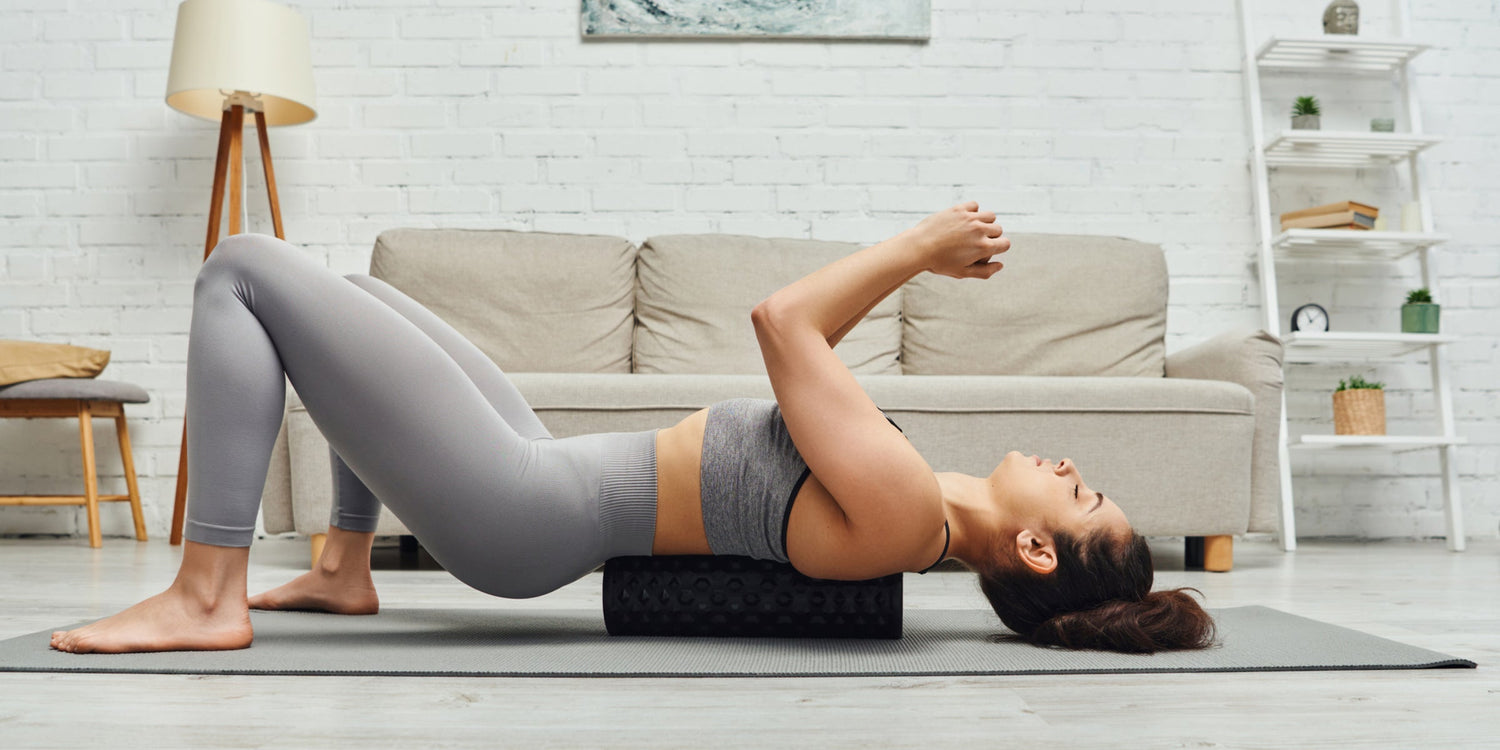Due to hectic schedules and numerous distractions, many struggle to achieve a good night's rest. As a result, sleep masks have gained popularity for their ability to block out light and create a conducive environment for restful sleep. However, amidst the growing reliance on them, concerns have emerged regarding their impact on eye health, specifically the potential for dry eyes. So, can sleep masks really cause dry eyes?
Let’s explore the factors contributing to dry eyes and the role sleep masks play in sleep quality. By understanding the potential risks and benefits, you'll be equipped to make informed decisions about your sleep routine and eye health. So, let's dive in and separate fact from fiction when it comes to protecting your eyes and achieving a restful night's sleep with sleep masks!
What Is Dry Eye?

Dry eye is a common condition that occurs when your eyes fail to produce enough tears or when the tears evaporate too quickly. It is characterized by insufficient lubrication of the eyes, leading to discomfort, irritation, and a gritty sensation.
Age is not a thing with dry eyes, affecting people of all ages, and is influenced by various factors, including environmental conditions, certain medications, and underlying health conditions. While the causes and symptoms vary, it is crucial to address this condition to maintain optimal eye health and overall well-being.
What Causes Dry Eyes?
Dry eyes can be caused by various factors, including age-related changes, hormonal imbalances, certain medications, health conditions, environmental factors, and lifestyle habits. As individuals age, their eyes may produce fewer tears, which can lead to dryness and discomfort. Hormonal fluctuations, such as those occurring during pregnancy or menopause, can also affect tear production and quality.
Certain medications, such as antihistamines and decongestants, can decrease tear production, resulting in dry eyes. Additionally, individuals with health conditions like diabetes, arthritis, and thyroid disorders may be more prone to experiencing dry eyes as a result of their underlying conditions.
Environmental factors play a significant role in exacerbating dry eyes. Dry air, wind, and smoke can contribute to the development of dryness and discomfort in the eyes. Moreover, prolonged use of digital devices and wearing contact lenses can strain the eyes, further contributing to dryness.
Understanding the multitude of factors that can contribute to dry eyes is crucial for effectively managing and addressing the condition. By identifying the underlying causes, individuals can make informed decisions about their eye care and adopt appropriate strategies to alleviate symptoms and promote overall eye health.
What Are the Symptoms of Dry Eyes?
A gritty or burning sensation, redness, watery eyes, blurry vision, sensitivity to light, discomfort while wearing contacts, and eye fatigue are all possible symptoms of dry eyes which can profoundly impact both daily life and sleep quality.
The gritty sensation and redness can be particularly bothersome, making it uncomfortable to keep your eyes open for extended periods, especially during activities such as reading or working on a computer. Watery eyes and blurry vision can also make it difficult to focus and concentrate, affecting productivity and overall quality of life. Additionally, sensitivity to light can make it challenging to go about daily activities, especially in bright or sunny environments. The discomfort while wearing contacts can also lead to frustration and limited options for vision correction. Overall, the symptoms of dry eyes can significantly disrupt daily activities and make it difficult to enjoy a good night's sleep.
How to Relieve Dry Eyes?
Fortunately, dry eyes can be treated through various methods, including prescription eye drops that help lubricate the eyes and reduce inflammation. Warm compresses and eyelid cleaners can also help by increasing oil secretion and reducing bacterial build-up. Punctal plugs, tiny inserts placed in the tear ducts, can help retain tears on the eye's surface.
However, it is always better to know how to prevent a problem than solve it. Methods such as blinking more frequently to distribute tears across the eyes, consuming oil-rich fish like salmon and sardines to boost omega-3 fatty acids, using a humidifier to add moisture to the air, maintaining clean air to reduce irritants, and avoiding smoking are all possible steps to avoid having dry eyes and can help maintain eye moisture, reducing the risk of developing dry eyes.
Are Sleep Masks Bad for Your Eyes?

While sleep masks can be a potential solution for dry eyes, they can also contribute to the discomfort of dry eyes. The pressure and tightness of the mask against the delicate skin around the eyes can restrict the natural lubrication of tears. Nevertheless, certain sleep masks are specifically designed to address this issue by incorporating moisture-retaining materials or allowing for a looser fit around the eyes to prevent excessive pressure.
Depending on what type of sleep mask you use, it can either exacerbate dry eye symptoms or provide relief by creating a more humid environment around the eyes.
Can Sleep Masks Alleviate Dry Eyes?

As previously mentioned, dry eyes can result from various factors, causing discomfort and irritation. Addressing dry eyes, sleep masks have been recognized as a potential aid in providing relief. Although sleep masks are primarily known for their ability to block out light and promote better sleep, they can also create an environment that helps alleviate dry eye symptoms.
Essentially, they act as a barrier, shielding the eyes from external irritants such as dry air, wind, and light, which can exacerbate dryness. By creating a dark and protected space around the eyes, they can help retain moisture and reduce tear evaporation during sleep. This can be particularly beneficial for individuals who sleep in environments with dry air or have a tendency to sleep with their eyes partially open, leading to increased tear evaporation.
Moreover, sleep masks can also promote relaxation, allowing the eye muscles to rest and rejuvenate. By minimizing eye strain and fatigue, they may indirectly contribute to improved tear film stability and alleviate dry eye symptoms.
While they can offer potential relief for dry eyes, it's important to note that they may not be a comprehensive solution for everyone. After all, dry eye management often requires a holistic approach, including lifestyle modifications, proper hydration, and, in some cases, medical interventions. Consulting with an eye care professional can provide personalized guidance on incorporating sleep masks into a broader dry eye management plan.
How to Find the Right Sleep Mask for Dry Eyes?
Since sleep masks can either help or worsen your dry eye problem, finding the right one is essential for achieving a comfortable and restful night's sleep. When choosing which one to use, it's important to consider several factors. Look for a mask made of soft, hypoallergenic materials to minimize irritation. Consider moisture-wicking or gel-filled options to help retain moisture around the eyes. Comfort preferences like adjustable straps or contoured designs should also be considered.
Various types of sleep masks are specifically designed for dry eyes. Some feature gel inserts that can be chilled or heated to provide soothing relief. Others are made from moisture-wicking fabrics to help retain moisture around the eyes. By choosing the right one for dry eyes, individuals can experience improved comfort and better sleep quality.
When Do You Need to Contact a Doctor for Dry Eyes?

If you are experiencing symptoms such as irritation, redness, and increased sensitivity to light, you may be suffering from dry eyes. Other common symptoms include a gritty sensation, blurred vision, and excessive tearing. Potential causes of dry eyes include prolonged mask wearing, continuous screen time, certain medications, aging, and hormonal changes.
When you experience these symptoms, it is important to contact a doctor for a proper diagnosis and treatment plan. The doctor may recommend various therapies and treatment options for managing dry eye disease, including over-the-counter artificial tear eye drops, prescription eye drops, and medications to reduce inflammation. In some cases, adjusting the use of masks or taking breaks from prolonged screen time may also alleviate symptoms.
Do not ignore persistent dry eye symptoms, as they can lead to long-term complications if left untreated.
Takeaway
Dry eyes can be caused by various factors, including age-related changes, hormonal imbalances, certain medications, health conditions, environmental factors, and lifestyle habits. Sleep masks can potentially worsen dry eyes due to the pressure and tightness they exert on the delicate skin around the eyes, which restricts natural tear lubrication. However, some masks are designed to address this issue by incorporating moisture-retaining materials or allowing for a looser fit around the eyes. They can create a more humid environment and act as a barrier against external irritants, such as dry air, wind, and light. Additionally, sleep masks can promote relaxation and reduce eye strain, indirectly contributing to improved tear film stability. In short, sleep masks can both exacerbate and alleviate dry eye symptoms, depending on the type of mask and individual factors.
While they can offer potential relief for dry eyes, they may not be a comprehensive solution for everyone. Managing dry eyes often requires a holistic approach, including lifestyle modifications, proper hydration, and, in some cases, medical interventions. It is important to consult with an eye care professional for personalized guidance on incorporating sleep masks into a broader dry eye management plan. If you experience persistent dry eye symptoms, contact a doctor for a proper diagnosis and treatment plan to avoid potential long-term complications.
Renpho Health Tips
-

How to Love Yourself in the Age of Filters: A Guide to Body Positivity and Social Media
February 12, 2024
Read more >
-

6 RENPHO Gifts to Pamper Your Loved One This Valentine's Day
February 8, 2024
Read more >
-

3 Possible Reasons Why Your Sleep Mask Keeps Falling Off
February 8, 2024
Read more >
-

DIY Sleep Solutions: How to Make a Sleep Mask for a Good Night's Sleep
February 8, 2024
Read more >
-

Holistic Wellness: How to Achieve Balance and Harmony in Your Body, Mind, and Spirit
February 8, 2024
Read more >



































